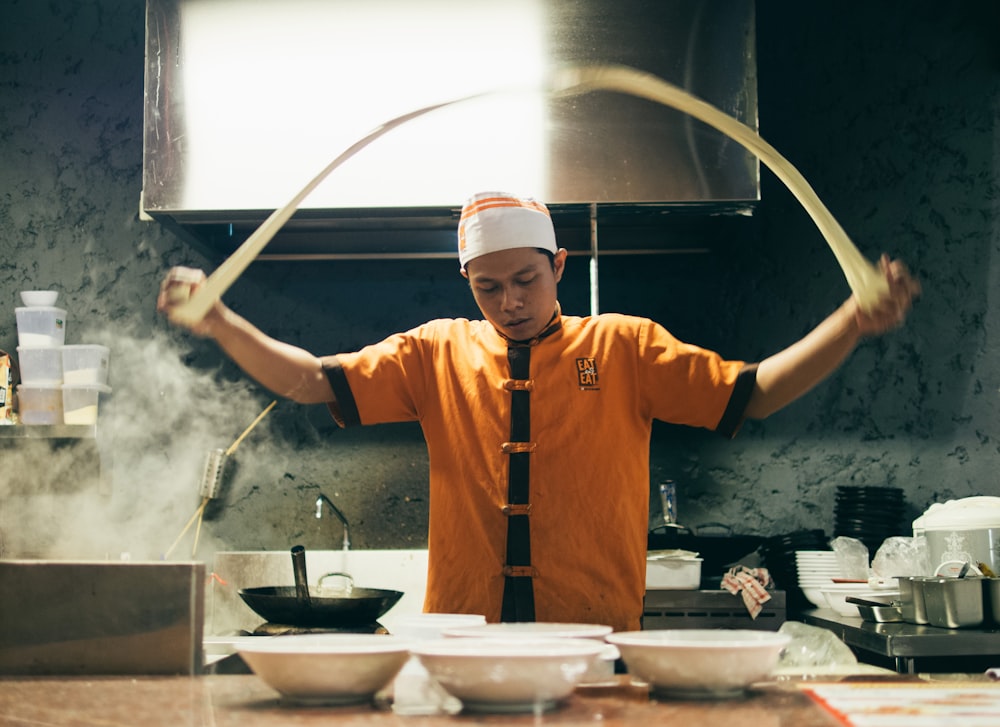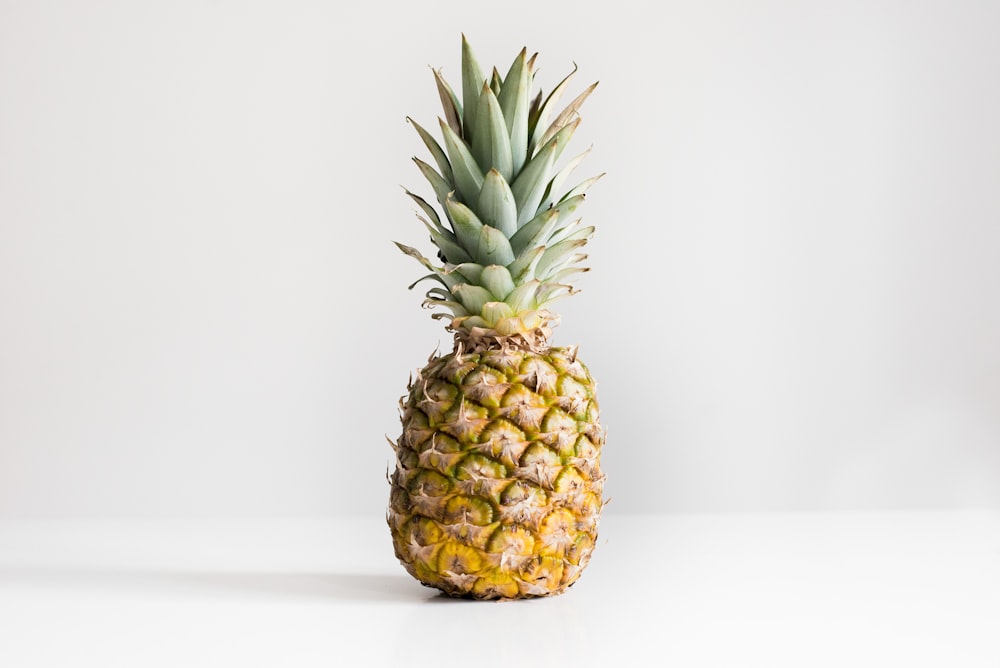
Chinese New Year is just around the corner, and one of the best parts of this holiday is the delicious Chinese New Year Food. Billions of people all around the world are getting ready to celebrate this annual festival which features fireworks, lucky red envelopes, lion dances, lots of red decorations, and ultimately, delicious food.
Why is the tradition of enjoying special Chinese New Year food so important? In many Asian cultures, food is a love language. Children may find it hard to communicate with their grandparents who speak a different dialect or language, however, grandparents often made their love and care known through a plate of sliced fruit or carefully hand-rolled dumplings. In Chinese culture, foods are rife with symbolism and meaning. These special holiday foods are one of the most important Chinese New Year traditions. This article dives into popular traditional Chinese New Year foods, and their symbolic meanings.
Lucky Traditional Chinese New Year Foods
Chinese New Year food traditions have been passed down by generations. Traditions are hugely symbolic such as serving spring rolls and dumplings which are shaped like gold to represent wealth, and having leftover fish as a good omen for surplus in the new year. These traditional Chinese dishes serve as appetizers and can be served during lunch or dinner during the two-week-long Chinese New Year.

Dumplings
Dumplings are a popular Chinese dish and symbolize wealth. The more dumplings you eat, the more wealthy you will be in the coming year. (It’s also okay to indulge every once in awhile, so have a few extra dumplings on this holiday!)
Making dumplings is easy and fun, and the tradition of making the dumplings can be an excellent family bonding activity. Children can help scoop the pork and vegetable mixture onto the dumplings while the older kids and grownups do the folding and steaming. Before eating dumplings, people around the table will say “zhao cai jin bao” which means “bringing in wealth and treasure”.
Spring Rolls
Spring rolls is a popular Chinese appetizer and is a symbol of prosperity, which could be due to its golden exterior and gold bar- like shape. Spring rolls often contain pork and an assortment of vegetables and is served with vinegar on the side. Instead of deep-frying the spring rolls, a healthier alternative is to put them into the oven or air fry them. It is common to say the phrase “a ton of gold” before eating spring rolls.
Nian Gao (年糕)
Nian Gao is traditional dessert- glutinous rice cakes wrapped in lotus leaves and steamed. The “gao” (糕) in Nian Gao has the same sound as (高), which means high. As a result, people often say the phrase “get higher year after year” (年年高升) to manifest a general improvement of their quality of life.

Longevity Noodles (伊面)
The Chinese believe that longevity is a blessing. As its name suggests, longevity noodles (yī miàn, 伊面) symbolize longevity. The noodles symbolize your lifeline and are typically longer than normal noodles. It is believed that the longer the noodles are, the longer your life will be. The noodles are best cooked pan-fried with vegetables.
Fish
Fish is a popular Chinese New Year dish filled with meaning. The whole fish is often steamed and drenched in soy sauce and scallions, with its head placed towards the elders. The fish is usually one of the last dishes to be served and contrary to popular belief, it is a good omen to have some leftovers. This is because fish (yu, 鱼), has the same pronunciation as leftovers (yu, 余). The blessing “yearly leftovers” (nian nian you yu, 年年有余) is a hopeful prayer that the family will have more than it needs for the year.
Steamed Chicken
Steaming a whole chicken is a symbol of family. As such, it is a popular dish to offer to the ancestors for prayers of blessings and protection.
Sweet Rice Balls (汤圆)
This sweet dessert is boiled in ginger syrup and can be served hot or cold. This dessert is a mess-free, family bonding activity because rolling colored dough into little balls is an easy task. The roundness of sweet rice balls symbolizes family togetherness and unity. Furthermore, the name (tang yuan, 汤圆) is similar to the Chinese word “reunion” (tuan yuan, 团圆).
Lucky Fruits For Chinese New Year
Fruit baskets or fruit platters are a thoughtful Chinese New Year food to bring as a gift for family, friends, and even colleagues. It is easy to put together a fruit basket, yet each fruit in your basket thoughtfully symbolizes a different blessing. Besides that, arranging an extravagant fruit platter can be a focal point for visiting guests and add a pop of color to the living room. They’re a colorful, thoughtful, and tasty addition to your array of Chinese New Year foods, and fruit platters are great for parties. Here are the top lucky fruits to include in your next fruit platter:

Oranges, Kumquats & Tangerines
In China, gold is an auspicious color. Oranges, kumquats and tangerines are close to gold color, hence, it is believed that these fruits will bring happiness, prosperity and wealth. Besides that, the round shape of these fruits is a symbol of unity and togetherness. Some people even put a potted kumquat tree in their house with the belief that good fortune will be bestowed upon them.
Pomelo
Pomelo is 柚子 Yòuzǐ in Chinese. In Chinese, the word “柚” sounds the same to the word “佑”, which is “protect” in English. As a result, Chinese people believe that eating pomelo will protect them during the New Year.
Apples
In Chinese culture, apple symbolizes peace, safety and tranquility. This is because the Chinese word for apples is “苹果”, and safety is “平安”. “苹” and “平” are homophones, “平” means safe and peace. It is common practise to buy a box of apples to gift to friends, relatives or business clients as a symbolism of good luck and prosperity.

Pineapple
It is believed that pineapple brings wealth and luck. Pineapple is gold, which symbolizes wealth in Chinese culture. In Hokkien, the word pineapple is “ong lai”, which means good fortune will come to you and your family.
Pomegranate
Red is a lucky colour in Chinese culture, which is why you see red decorations everywhere during Chinese New Year. Pomegranates are a symbol of fertility, longevity and prosperity. When you break open a pomegranate, there are many ruby jeweled kernels, which is a blessing to have more children in the family.
Send Love From Afar this New Year
Travel restrictions due to the pandemic may make it challenging or impossible for you to visit your family this Chinese New Year. Be creative and send some lucky fruits in a care package to your loved ones to show that you’re still thinking about them. FaceTime them and let them see your decorated living space. Celebrate virtually, any way you can, and let them know you love them even if you’re missing them during this holiday.





